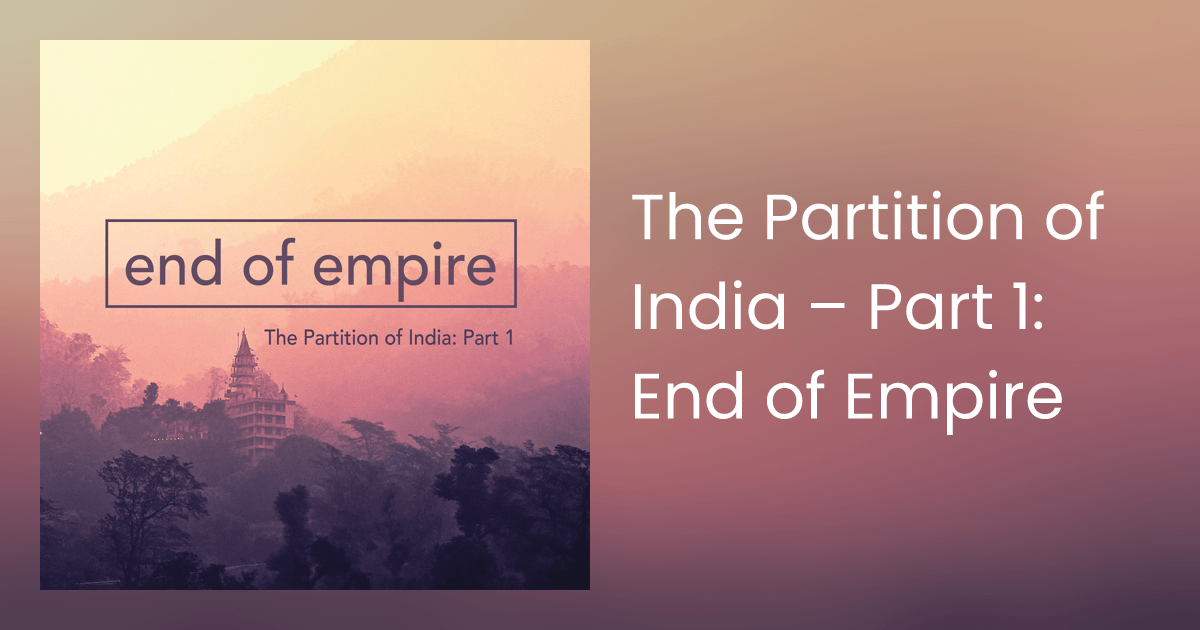
(Quick note: reading is my hobby and more recently, writing reviews. I'm selectively posting every so often some of the past ones I have written this year while also posting new ones if they feel appropriate for the general books subreddit. The below review I originally wrote in February.)
After finishing the elephant in the room of Rushdie books, The Satanic Verses, I had to dive back in and decided to start with his sophomore release as these—if albums are any indicator—are the works that can make or break a band and surely so an author. Fortunately, alignment was in order because not only is Midnight’s Children in a class by itself, it also focuses heavily on a period that I first was exposed to about two years ago in a great multi-part podcast. Having a chance to see what was going on in the hectic time leading up to and the years following a most messy of independence stories was one I could not miss out on!
The madness of this book does have a method to it, but before even touching upon that (see Rushide’s 2020 introduction), for those who want a more modern and visual comparison from another form of media, basically consider Midnight’s Children to be the print form of what Wes Anderson would have done if he decided to film a historical fantasy movie taking place in Partition-era India. If one is feeling lost with their anchor attempting to find, but sadly only barely treading, the bottom of a shallow ocean, keep Wes’s style in mind because if one does that, it all really does make sense.
But easy reading it is not; sentences that go on until all forms of logic pass on; characters from left right up down—PELL MELL!–introduced life stories intact who needs commas only to vanish again after their point has been made; the protagonist sometimes talking in the third person only to switch to the first and time jumps back and forth not to mention the humidity and sweat-soaked chaos that makes up a good chunk of what is happening. Normal this is not and Rushdie nails it though for those who are not familiar with this time in history may give up partway through but for those who make it through including multi page trains of thought the reward is worth it and by the end, the missing (or bonus!) punctuation turns this into not just a great historical fantasy book but something that truly stands above the rest so this reviewer notes.
While some have noted the book in a way is a human-sized metaphor for the Partition: turning Pakistan and India into especially unique people complete with flaws that at times appear larger than life and at other times border on the fanciful. I’d like to offer another viewpoint that rubs adjacent to this: Midnight’s Children is the tale of a solipsist of the highest order. Who knows when he was really born and what his actual living conditions are like. What we know is what he projects to us: his view of his major part in the Partition, his experiences growing up after it that make characters literally freezing to death from their loins outward appear normal, his nemesis with superhuman knees, and a nose that defies most any form of logic.
In a way, Saleem’s account of his life reminded me a lot of Edward Bloom’s in Big Fish (the 2003 movie based off the 1998 book). Surely, just as when Joséphine asked if the story would be a “tall one’, his answer, “Well, it's not a short one” could easily apply to Saleem and his wife, Padma, the receiver of his life story when asking—theoretically as a nation-birthing tick-tock before’a’tude of his life may have begun the odyssey, but his putting pen to paper for the benefit of his wife came significantly later. So yes, if one is a huge fan of one of the best movies of the modern era and also wants to see it play out in a way during the Partition of India and the decades that follow, this book was written for you.
5/5
—Notable Highlights—
The creation process:
“What had been (at the beginning) no bigger than a full stop had expanded into a comma, a word, a sentence, a paragraph, a chapter; now it was bursting into more complex developments, becoming, one might say, a book—perhaps an encyclopedia—even a whole language.”
A truly original one-of-a-kind sentence:
“In absolute soundlessness, fear gave Doctor Narlikar the strength of limpets; his arms stuck to the tetrapod and would not be detached.”
The most unexpectedly funny moment in the book:
“When I would often stand in the garden of Buckingham Villa in the evenings, watching the Sputniks cross the sky, and feeling as simultaneously exalted and isolated as little Laika, the first and still the only dog to be shot into space (the Baroness Simki von der Heiden, shortly to contract syphilis, sat beside me following the bright pinprick of Sputnik II with her Alsatian eyes—it was a time of great canine interest in the space race)”
Saleem, the creator:
“Having realized the crucial nature of morality, having sniffed out that smells could be sacred or profane, I invented, in the isolation of my scooter-trips, the science of nasal ethics.”
by kobushi
